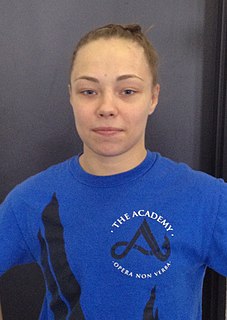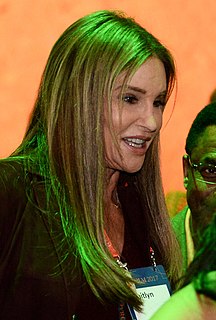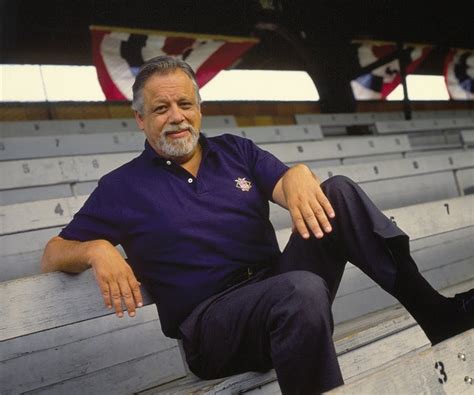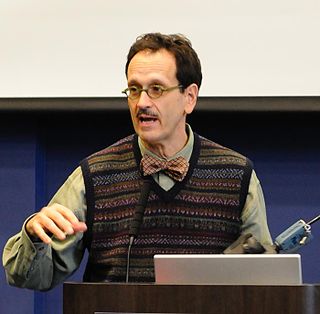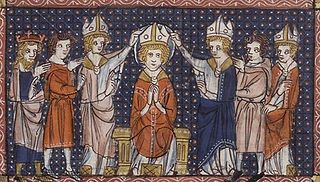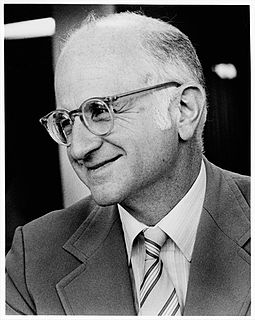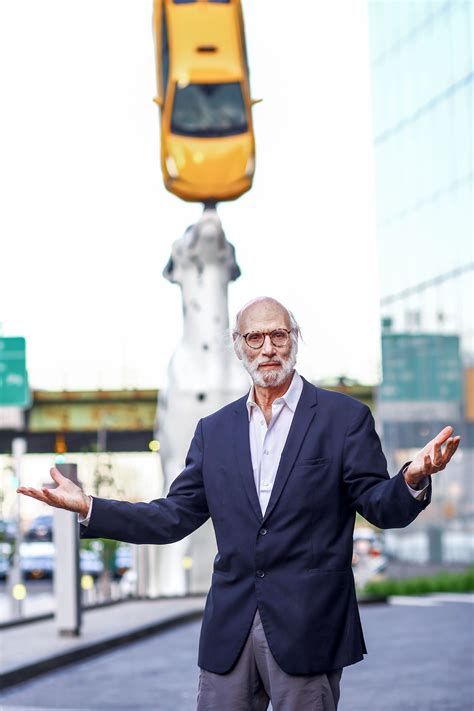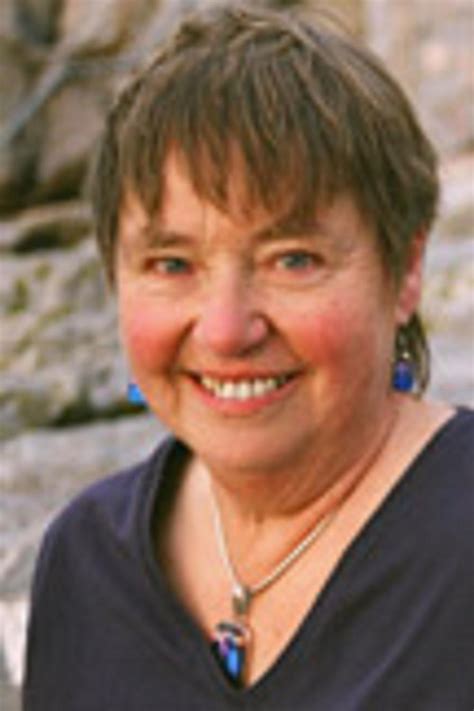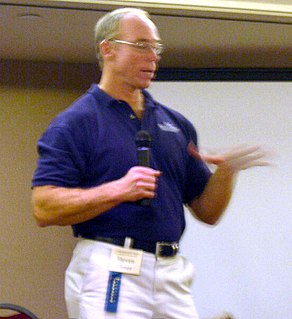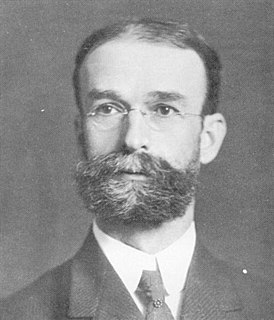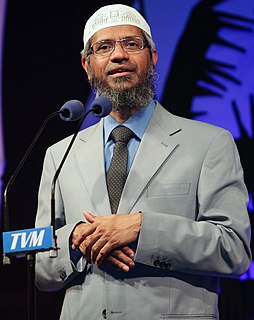A Quote by Benjamin Carson
I am convinced that knowledge is power - to overcome the past, to change our own situations, to fight new obstacles, to make better decisions.
Related Quotes
If we all make systematic mistakes in our decisions, then why not develop new strategies, tools, and methods to help us make better decisions and improve our overall well-being? That's exactly the meaning of free lunches- the idea that there are tools, methods, and policies that can help all of us make better decisions and as a consequence achieve what we desire-pg. 241
We should not be content to say that power has a need for such-and-such a discovery, such-and-such a form of knowledge, but we should add that the exercise of power itself creates and causes to emerge new objects of knowledge and accumulates new bodies of information. ... The exercise of power perpetually creates knowledge and, conversely, knowledge constantly induces effects of power. ... It is not possible for power to be exercised without knowledge, it is impossible for knowledge not to engender power.
In America, the stories we tell ourselves and we tell each other in fiction have to do with individualism. Every person here is the center of his or her own story. And our job as people and as characters is to find our own motivations and desires, to overcome conflicts and obstacles toward defining ourselves so that we grow and change.
I am interested in the past. Perhaps one of the reasons is we cannot make, cannot change the past. I mean you can hardly unmake the present. But the past after all is merely to say a memory, a dream. You know my own past seems continually changed when I am remembering it, or reading things that are interesting to me.
Far better to think historically, to remember the lessons of the past. Thus, far better to conceive of power as consisting in part of the knowledge of when not to use all the power you have. Far better to be one who knows that if you reserve the power not to use all your power, you will lead others far more successfully and well.
Just recognizing and naming that many of the things we treat as historical fact are stories can help erode their power over our sense of identity and thinking. If they are stories rather than "truth," we can write new stories that better represent the country we aspire to be. Our new stories can be about diverse people working together to overcome challenges and make life better for all, about figuring out how to live sustainably on this one planet we share, and on deep respect for cooperation, fairness, and equity instead of promoting hyper-competitive individualism.
The illusion that mechanical progress means human improvement ... alienates us from our own being and our own reality. It is precisely because we are convinced that our life, as such, is better if we have a better car, a better TV set, better toothpaste, etc., that we condemn and destroy our own reality and the reality of our natural resources. Technology was made for man, not man for technology. In losing touch with being and thus with God, we have fallen into a senseless idolatry of production and consumption for their own sakes.
I have had extreme ups and downs. The biggest thing I learned after I broke my wrist is to never give up. Nothing in life will ever come easy. It depends on how you deal with those obstacles and how you overcome those obstacles. If you can overcome them, you're a stronger person. If you make mistakes along the way, as long as you never make that same mistake again, you're a successful person.
This past year has been something else... it's opened my eyes to many things and many people. It's had its ups and downs and ins and outs. And I believe we've all been able to take something from that and grow in our own imparticular ways. We've over come obstacles, and set in motion opportunities that can change our own individual lives.
Normally I do all my own post work. It's not that I do it better than anyone else, I just do it my way. I make decisions. People who print at labs are probably far better printers, but they won't make my decisions mid-process. I don't want to be out of the loop. I want to be a photographer and do all of it.

